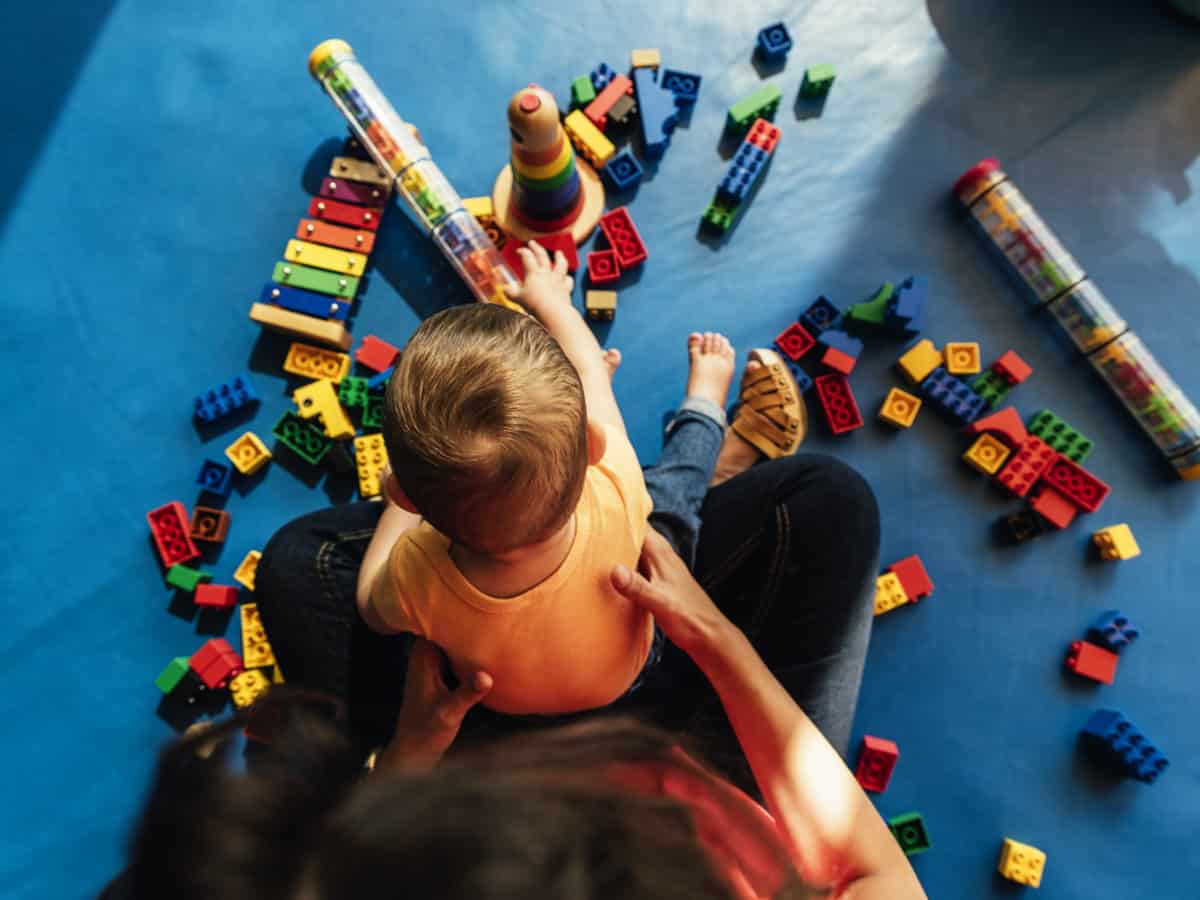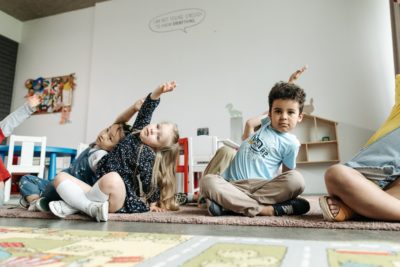

The tragedy in Uvalde, Texas, where 19 children and two teachers were killed, marks the 27th school shooting to date this year. At least 17 mass shootings have occurred since the tragedy in Uvalde, according to the Gun Violence Archive, an organization that tracks mass shootings nationwide.
In 2018 and 2019, before the public health pandemic, there were 24 school shootings. Access to military-style automatic weapons has played a large role. But, so too, has our increasingly fragile state of mind — for many, exacerbated by year three of COVID-19 and its mutations and the collateral impact of financial pressure.
The most recent Census Bureau Household Pulse Survey (April 27 – May 9, 2022) found:
High anxiety:
- 20.8 million individuals felt anxious or on edge more than half of the past two weeks (675,968 in North Carolina, of which 106,119 are ages 18-29).
- 31.4 million individuals felt anxious or on edge nearly every day within the past two weeks (881,317 in North Carolina, of which 169,597 are ages 18-29).
Depression:
- 18.9 million individuals felt not able to stop or control worrying more than half of the past two weeks (563,694 in North Carolina, of which 101,697 are ages 18-29).
- 24.6 million felt not able to stop or control worrying nearly every day within the past two weeks (687,001 in North Carolina, of which 134,175 are ages 18-29).
Against adults of older age groups, individuals age 18-29 have higher anxiety and depression. A recent analysis of school shootings since Columbine High School in 1999 found that 85 percent of school shooters brought weapons from home or obtained them from friends or relatives and 70 percent of school shooters were under age 18. Access to weapons capable of mass tragedy is too easy for children. There are policy solutions that should be enacted.
On the mental health front, the Institute of Education Sciences reported this month that:
- 70% of public schools reported that the percentage of students who have sought mental health services increased since the start of the COVID-19 pandemic.
- 12% of public schools reported they strongly agree that their school is able to effectively provide mental health services to all students in need.
There are policy strategies that should be funded to better support the mental health needs of children in K-12 schools. The large percentage of the population age 18-29 struggling with anxiety or depression doesn’t happen overnight. It happens over time.
For the first time, the NCDHHS Division of Mental Health, Developmental Disabilities and Substance Abuse Services is awarding $20 million in funding to five Certified Community Behavioral Health Clinics (CCBHCs) to expand access to evidence-based, integrated behavioral and physical health care in their communities. CCBHCs provide comprehensive, integrated services that support individuals with Serious Mental Illness (SMI), Severe Emotional Disturbance (SED), and co-occurring SMI or SED and Substance Use Disorder. Services include 24/7 crisis intervention services, outreach, screening and assessment, and more.
The early childhood community in North Carolina has several strategies underway starting with children during their earliest years to support healthy social and emotional development, a foundation for lifetime resiliency. We hope these services continue to grow. They are needed more than ever.
The NC Infant Toddler Quality Enhancement Project (ITQEP) team serves all 100 N.C. counties through infant toddler specialists housed in regional lead child care resource and referral agencies. Some of the infant toddler specialists are part of the new NC Infant Mental Health Association (NCIMHA), which supports a multi-disciplinary full continuum of services, supports, and policies to promote healthy development, prevent ongoing problems, and treat mental health disorders among infants, toddlers, and children under age 5.
Through the Babies First NC Project, infant toddler specialists are holding Circle of Security Parenting sessions with parents, which are designed to help parents promote the healthy development of their children. Books, videos, and other resources are used with parents to better meet the social and emotional needs of our youngest children.
The Healthy Social Behaviors Project (HSB) addresses behavioral issues in young children through services that help to identify, prevent, and modify challenging behaviors, with the goal of reducing the expulsion rate and promoting healthy social-emotional development for all children in NC licensed child care centers. The project supports North Carolina DCDEE-licensed child care centers serving children from birth to 5 years old focusing on teacher practices that can calm challenging behaviors.
These events touch all of us. Like many of you, although I did not know any of the students or teachers, it is personal. I am a mother, a grandmother of a child in school every day, and the mother of an amazing elementary school classroom teacher. As a teacher in a public high school early in my career, I taught grades 9 – 12; most were taller than I was, but students with guns was not something I ever thought about.
It is time that we care about our children and their caregivers, which includes parents and child care educators, elementary school teachers, and afterschool providers. Mental health challenges don’t just appear when kids turn 18. We’re all in this together to best meet the needs of children at every age — beginning in the foundational years as the brain is wired and extending into the grade school years with resiliency strategies. We can do this. But we need public policy strategies and funding to ensure that no child is left is behind.




